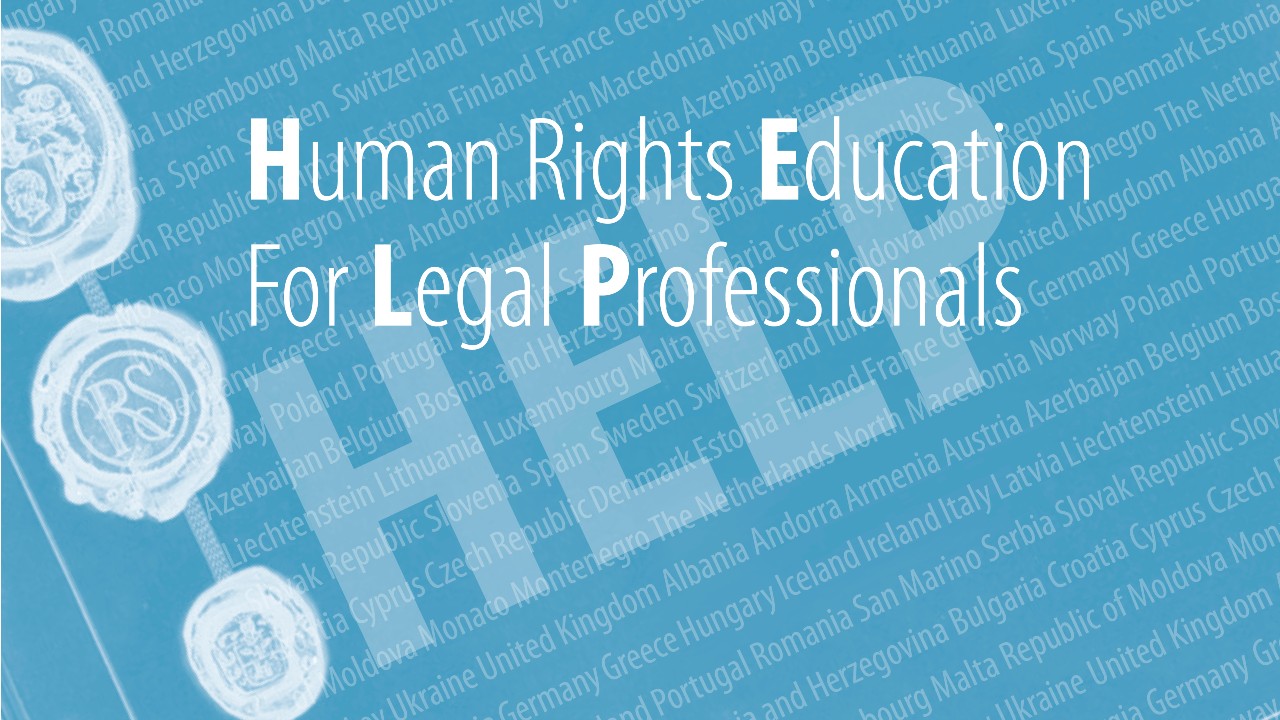The HELP course on Cybercrime and Electronic Evidence was launched for the first time on 22 February for a selected group of 120 lawyers from Slovakia and Bulgaria.
The cross-border event, held at the premises of the Slovak Bar Association in Bratislava, was organised in the framework of the EU-CoE project “HELP in the EU III”, funded under the European Union’s Justice Programme (2021-2027).
Participants were welcomed by Ondrej Laciak, Vice President of the Slovak Bar Association, and Tomislav Toshkov, HELP Info Point for Bulgaria.
After an introduction to the Council of Europe (CoE) Human Rights Education for Legal Professionals (HELP) Programme, participants were given a general overview of the EU and Council of Europe legal frameworks related to cybercrime and electronic evidence through several thematic panels.
Jan Kralik, Programme Manager at the CoE Cybercrime Division, gave an overview of the CoE's activities in the field of cybercrime, focusing on its three pillars: the Budapest Convention and its Protocols, the Cybercrime Convention Committee (T-CY) and the capacity building activities implemented by the Cybercrime Programme Office (C-PROC).
Alex Kargopoulos, from the Data & Digital Justice, Digital and Migration Unit, European Union Agency for Fundamental Rights (FRA), presented the FRA’s work and findings in the area of cybercrime and fundamental rights.
Branko Stamenković, T-CY representative of Serbia, provided participants with a concrete example of the collection and handling of electronic evidence, based on his own practical experience.
The participants also benefited from a comparative overview of their respective national legislation on cybercrime, provided by the tutors who will accompany them in the implementation of the course for the next three months, namely: Michaela Chládeková and Petra Dražová for Slovak lawyers, Tomislav Toshkov and Dilyana Giteva for Bulgarian lawyers.
Finally, the participants had the opportunity to have a training session with their respective national tutors, where they were able to share their expectations and familiarise themselves with the structure, timetable and elements of their national version of the course.
All participants who successfully completed the course received HELP certificates issued by the Council of Europe and their respective national training institutions.
**********************
The HELP course Cybercrime and Electronic Evidence has been developed jointly by the Cybercrime Programme Office and the HELP programme of the Council of Europe, with the support of the Cybercrime@Octopus and the subsequent Octopus projects. The joint EU/CoE projects GLACY+ and CyberEAST have also supported its development.
The course aims to introduce the basic concepts of cybercrime and electronic evidence, and to provide an overview of the challenges in investigating cybercrime and the difficulties in collecting and handling electronic evidence.
It is addressed to the criminal justice authorities worldwide, legal practitioners, defence attorneys, professionals for child protection, and anyone willing to improve their knowledge on cybercrime and electronic evidence.
The online course is freely available on the CoE HELP e-learning platform in self-learning format. It consists of 7 modules and is available in 11 languages. The total length of the online course is approximately 10 hours and those who complete it online can obtain an electronic ‘Statement of accomplishment’.





